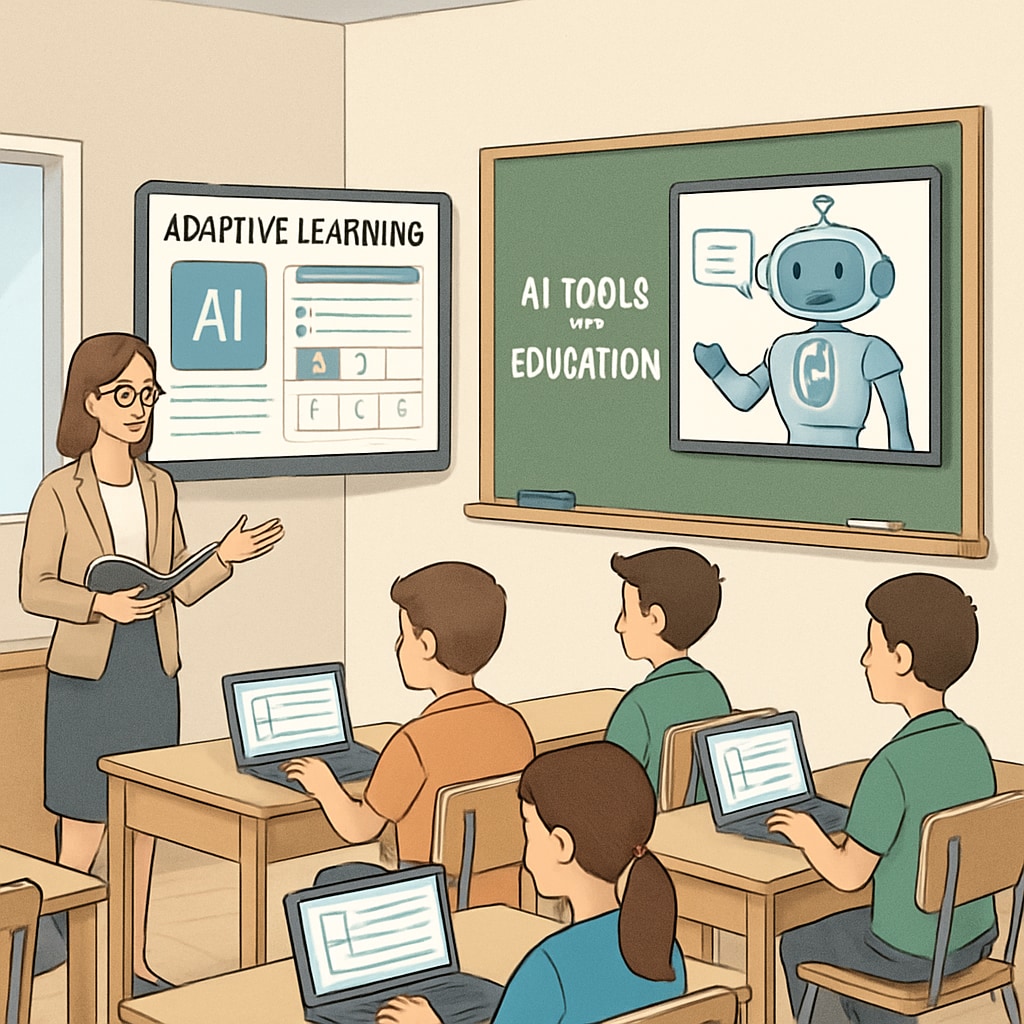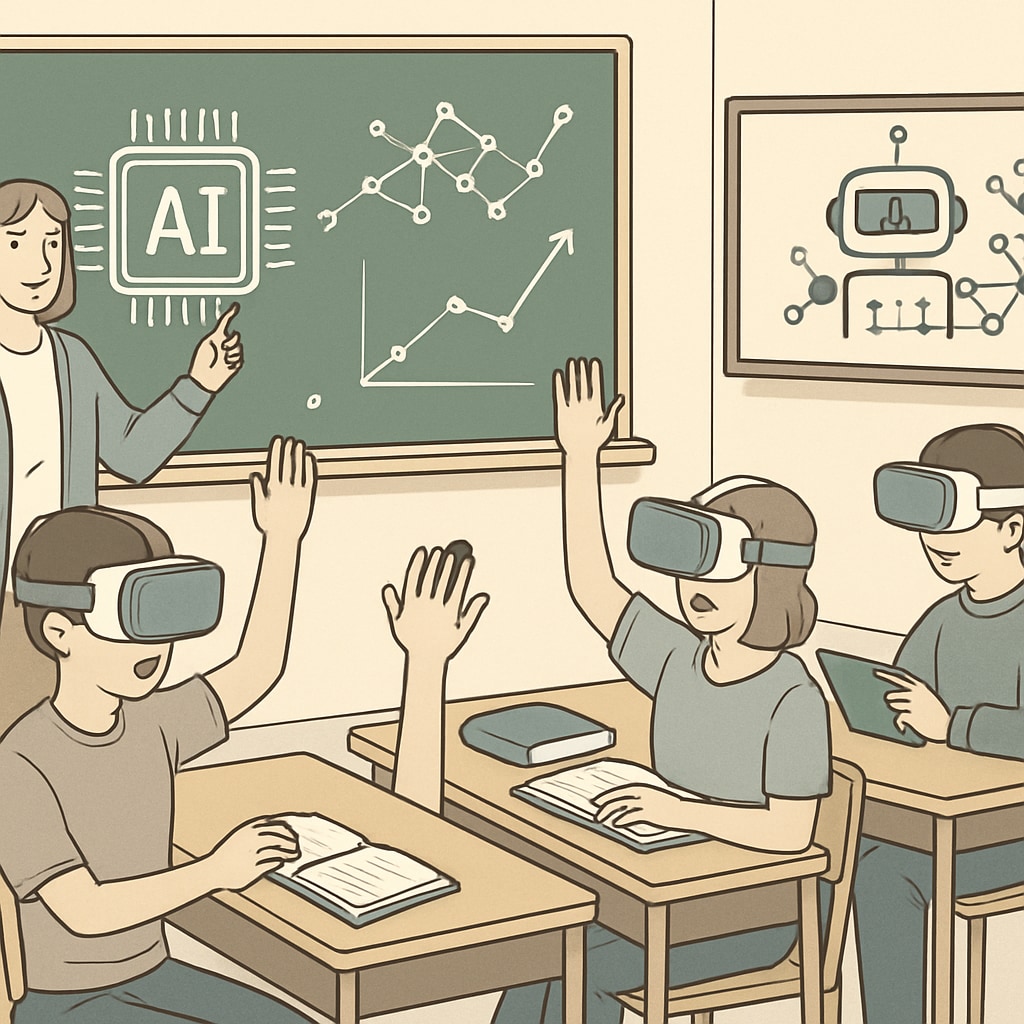Artificial intelligence (AI) is transforming various industries, and its impact on school education, particularly K12 education, is expected to be profound in the next 5-10 years. The integration of AI into classrooms offers an unparalleled opportunity to reshape teaching methods, customize learning experiences, and refine educational assessments. As schools embrace this technological revolution, educators and administrators must adapt to maximize its benefits and address challenges.
AI Revolutionizing Teaching Methods
The traditional one-size-fits-all approach to teaching is rapidly being replaced by personalized instruction powered by AI. Intelligent learning platforms can analyze student data to identify strengths, weaknesses, and preferred learning styles. For example, AI-driven systems like adaptive learning tools adjust the pace and content of lessons to suit individual needs, ensuring students achieve their full potential.
Moreover, AI can automate routine tasks such as grading assignments and tracking attendance, allowing teachers to focus more on fostering critical thinking and creativity. Tools like virtual teaching assistants also enhance classroom management and provide instant feedback to students.

Transforming the Learning Experience
AI is making learning more engaging and interactive. Virtual reality (VR) and augmented reality (AR) technologies powered by AI offer immersive experiences that help students understand complex concepts. For example, students can explore historical events or conduct virtual science experiments without physical limitations.
In addition, AI-powered chatbots are emerging as valuable resources for students, answering questions and guiding them through coursework outside traditional class hours. This 24/7 support creates a more inclusive environment for learners who may need extra help.

Redefining Educational Assessments
AI is revolutionizing how student performance is evaluated. Traditional standardized testing methods often fail to capture the full spectrum of a student’s abilities. AI-based assessments, however, can analyze diverse data points, including problem-solving skills, creativity, and collaboration.
These advanced systems can also detect patterns in student behavior, providing educators with actionable insights to improve teaching strategies. For example, predictive analytics can identify students at risk of falling behind, enabling timely intervention and support.
Challenges and Opportunities for Educators
While the integration of AI in education offers numerous benefits, it also poses challenges. Teachers must acquire new skills to work effectively with AI tools and adapt to changing classroom dynamics. Additionally, ethical concerns such as data privacy and algorithm bias must be addressed to ensure equitable education for all.
Despite these challenges, educators have a unique opportunity to lead the transformation of education. By embracing AI, they can create more inclusive, efficient, and innovative learning environments that prepare students for the future.
Readability guidance: Short paragraphs enhance clarity and readability. Use transition words like “however,” “for example,” and “as a result” to ensure smooth flow. Summarize key points using lists where applicable.


